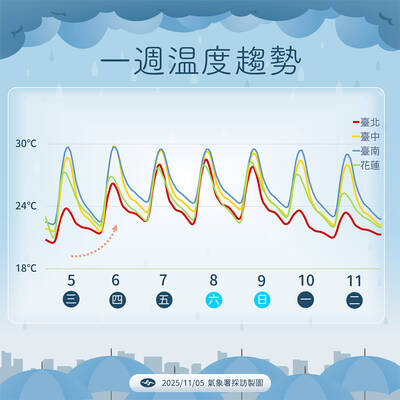Taiwan has remained the only country in Asia with “open” civic space for the fifth consecutive year, according to the CIVICUS Monitor ranking released on Wednesday.
The People Power Under Attack 2023 report named Taiwan as one of only 37 “open” countries or territories out of 198 globally, and the only in Asia.
Compiled by CIVICUS — a global alliance of civil organizations dedicated to strengthening civil action — the ranking compiled annually since 2017 measures the state of freedom of association, peaceful assembly and expression around the world.

Photo courtesy of CIVICUS
Researchers assign each country or territory one of five rankings describing the state of its civic space as open, narrowed, obstructed, repressed or closed.
This year, 37 were considered open, 43 were narrowed, 40 were obstructed, 50 were repressed and 28 were closed.
By population, only 2.1 percent of people live in open societies — half of the percentage seen six years ago — while 40.3 percent are in repressed societies and 30.6 percent are in closed societies.
Eight of the 26 countries or territories in Asia were rated as closed, up from seven last year, as Bangladesh joined China, Hong Kong, North Korea, Vietnam, Laos, Myanmar and Afghanistan in the bottom ranking.

Three Taiwanese airlines have prohibited passengers from packing Bluetooth earbuds and their charger cases in checked luggage. EVA Air and Uni Air said that Bluetooth earbuds and charger cases are categorized as portable electronic devices, which should be switched off if they are placed in checked luggage based on international aviation safety regulations. They must not be in standby or sleep mode. However, as charging would continue when earbuds are placed in the charger cases, which would contravene international aviation regulations, their cases must be carried as hand luggage, they said. Tigerair Taiwan said that earbud charger cases are equipped

Foreign travelers entering Taiwan on a short layover via Taiwan Taoyuan International Airport are receiving NT$600 gift vouchers from yesterday, the Tourism Administration said, adding that it hopes the incentive would boost tourism consumption at the airport. The program, which allows travelers holding non-Taiwan passports who enter the country during a layover of up to 24 hours to claim a voucher, aims to promote attractions at the airport, the agency said in a statement on Friday. To participate, travelers must sign up on the campaign Web site, the agency said. They can then present their passport and boarding pass for their connecting international

UNILATERAL MOVES: Officials have raised concerns that Beijing could try to exert economic control over Kinmen in a key development plan next year The Civil Aviation Administration (CAA) yesterday said that China has so far failed to provide any information about a new airport expected to open next year that is less than 10km from a Taiwanese airport, raising flight safety concerns. Xiamen Xiangan International Airport is only about 3km at its closest point from the islands in Kinmen County — the scene of on-off fighting during the Cold War — and construction work can be seen and heard clearly from the Taiwan side. In a written statement sent to Reuters, the CAA said that airports close to each other need detailed advanced

UNKNOWN TRAJECTORY: The storm could move in four possible directions, with the fourth option considered the most threatening to Taiwan, meteorologist Lin De-en said A soon-to-be-formed tropical storm east of the Philippines could begin affecting Taiwan on Wednesday next week, the Central Weather Administration (CWA) said yesterday. The storm, to be named Fung-wong (鳳凰), is forecast to approach Taiwan on Tuesday next week and could begin affecting the weather in Taiwan on Wednesday, CWA forecaster Huang En-hung (黃恩鴻) said, adding that its impact might be amplified by the combined effect with the northeast monsoon. As of 2pm yesterday, the system’s center was 2,800km southeast of Oluanbi (鵝鑾鼻). It was moving northwest at 18kph. Meteorologist Lin De-en (林得恩) on Facebook yesterday wrote that the would-be storm is surrounded by